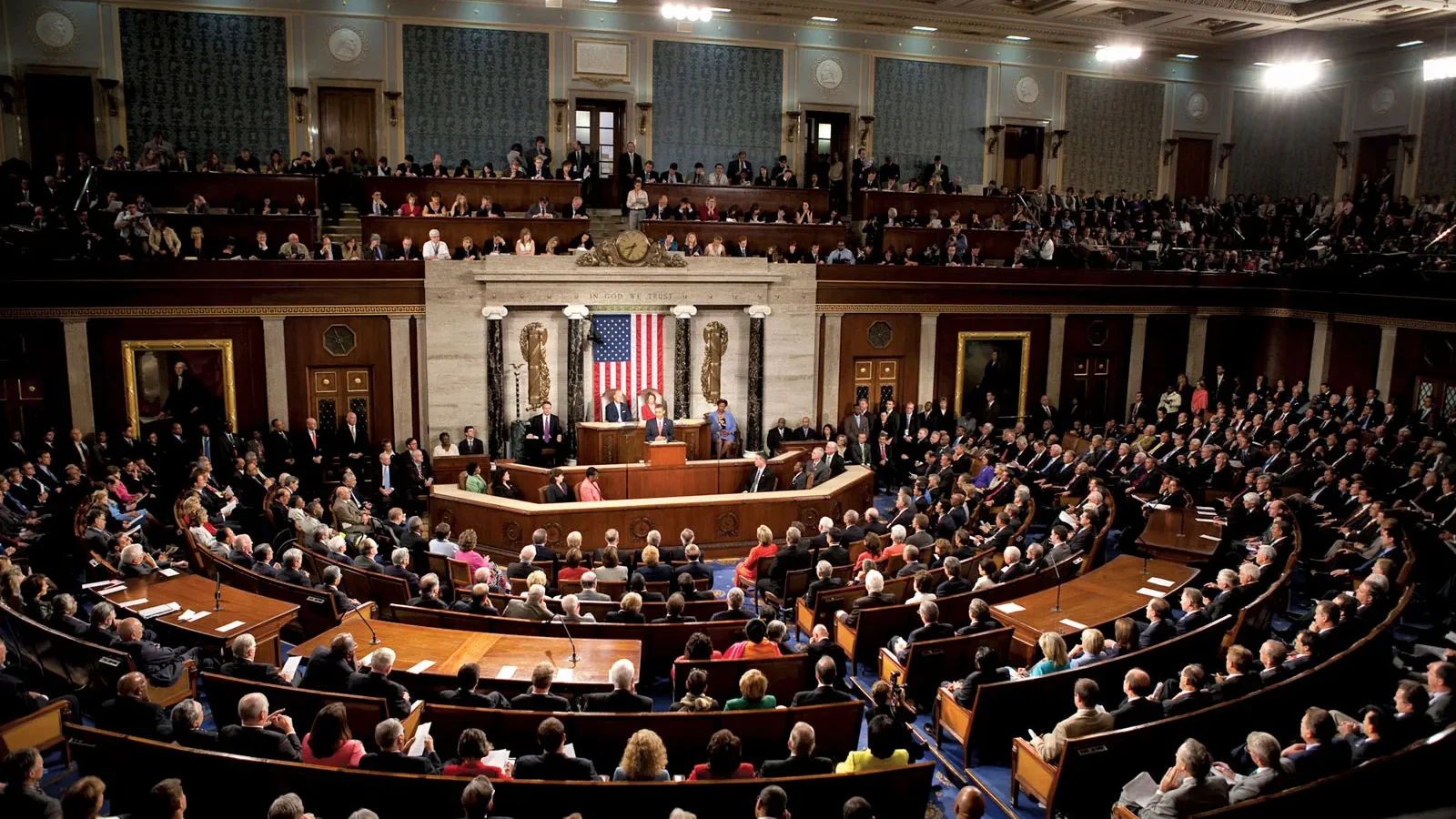Key Points:
- The US House Financial Services Committee advances a groundbreaking anti-CBDC bill.
- Legislation aims to protect Americans’ financial privacy rights and limit CBDC surveillance.
- The future of CBDC regulation faces an uncertain path in the Senate amid growing debate.
In a significant development, the US House Financial Services Committee has passed the first anti-CBDC (Central Bank Digital Currency) bill, signaling a growing focus on digital asset legislation in Congress. The bill, advanced by House Republicans, aims to prevent the Federal Reserve from directly issuing a central bank digital currency to individuals.

This move comes following the reintroduction of the CBDC Anti-Surveillance State Act by Majority Whip Tom Emmer on September 12. The act, supported by 49 original co-sponsors, seeks to safeguard Americans’ financial privacy rights by restricting the issuance of a CBDC by unelected bureaucrats.
Emmer initially proposed this legislation in January 2022, formalizing it in Congress in February 2023, with the primary goal of curbing the Federal Reserve’s ability to create a programmable digital dollar, which he argues could be used for surveillance and undermine American liberties.
CBDCs are digital sovereign currencies governed and transacted on a government-controlled digital ledger, making them possible to enable government monitoring and control of transactions.
While the Biden Administration has shown interest in CBDC research and development, this legislation seeks to limit any CBDC pilot programs, prohibit the issuance of a retail digital currency by the Federal Reserve for citizen surveillance, and require explicit congressional authorization for progress on a government-backed token.
Although progress in the US House is notable, the fate of CBDC legislation in the Senate remains uncertain. While the Federal Reserve has been exploring the concept of a CBDC, its development is not imminent, according to an official statement. Nonetheless, this latest move in Congress highlights the growing debate and concern over the potential impact of CBDCs on financial privacy and individual freedoms.
DISCLAIMER: The information on this website is provided as general market commentary and does not constitute investment advice. We encourage you to do your own research before investing.






















